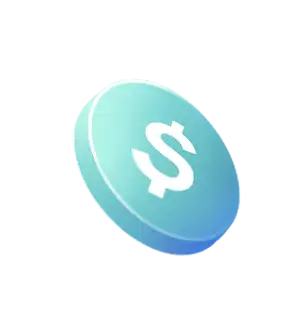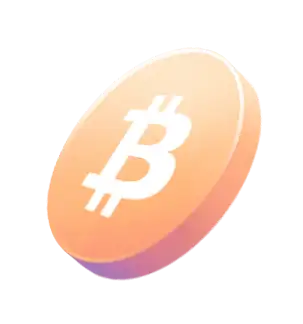Personal Finance
•
4 mins read
•
July 24, 2020
Maintenance Fees and More: 5 Bank Fees You Shouldn’t Be Paying
Protect yourself against hidden charges and unfair practices

You keep your money in a bank account to keep it safe, have easy access to it, and, hopefully, earn a little interest. That’s why it can be so maddening to find a bunch of bank fees chipping away at your balance every month. Take a look at a few of your past statements. Is there a monthly maintenance fee hidden in there somewhere? Did you know you were paying more for those paper statements?
Maintenance fees
Not all banks charge maintenance fees, but many do, especially the big guys, like Wells Fargo, Chase, and Bank of America. (Read more about
in fees.)
So what are maintenance fees, anyway?
Banks charge you maintenance fees for a variety of reasons that differ by bank and even by account. Usually, it’s because you haven’t met certain conditions. For example, one bank may charge you $10 per month unless you keep a certain amount in your account; another may charge you $12 per month if you don’t have your paycheck on direct deposit. And different account types at the same bank—like checking and savings accounts—may have different conditions and fees.
Avoid getting nickel-and-dimed every month by paying attention to the terms of any account you open. And stay on the lookout for these common requirements.
Minimum balance requirements
- Some banks require you to keep a certain amount in your account at all times to avoid fees. This amount varies by bank, anywhere from $25 to as high as $1500 or more. Be sure you know how much you need to keep in your account at all times, and check your balance often. After all, it’s easier than ever with online access and mobile banking apps. Some banks even offer account balance alerts to help keep you in the know.
Deposit requirements -
Many banks require you to make consistent deposits to avoid fees. If you receive a regular paycheck via direct deposit, you’re golden. But if you’re a contractor with intermittent income, or find yourself between jobs, you can wind up paying expensive monthly fees to keep your account open.
Activity requirements
- Your main checking account probably won’t go unused for very long. But what about that savings account you opened to get a discounted mortgage rate? The account you opened with good intentions to save for a vacation? If you let your account languish for long periods of time without making any transactions, you could be stuck with an inactivity fee. Some banks even require that you make a certain number of qualified debit card transactions every statement cycle.
Paper Statement Fees
Do you receive a printed statement in the mail? If you do, chances are you’re being charged extra for it. Banks have caught on to the huge cost savings (and environmental benefits) of moving statements online.
If you aren’t already, it’s time to receive your statements in your inbox instead of your mailbox. After all, you can always print your statement yourself if you need to. And if you happen to need to check on activity from way back, your bank can usually access archived statements.
ATM Fees
Most bank accounts come with a debit card for accessing your funds. It’s easy and convenient. But if you need to use an ATM, you could be charged a fee just to get cash out of your own account.
One way to avoid ATM fees is to avoid ATMs altogether by making a habit of getting “cash back” from a retailer when you’re making other purchases. A more practical tip is to make sure you know which ATMs are in your bank’s network. Take a look at your account’s ATM usage terms to avoid getting dinged. Paying $5 to get $20 out of your account just doesn’t make sense.
Overdraft Fees
It happens. You dip below your available checking balance for whatever reason, and bam, you get stuck with an overdraft charge that can sometimes be $35 or more. Signing up for balance alerts is one way of making sure your balance stays where it should be.
Another way to avoid overdraft fees is to get overdraft protection. Many banks offer overdraft protection in the form of a line of credit that’s linked to your checking account. It’s a good idea to take advantage of overdraft protection where it’s offered—just make sure you aren’t going to be charged for using it beyond the advertised rate.
Another way to avoid overdraft fees is to link your checking account to your savings account. That way, any checking overdrafts can get pulled from your savings account. That strategy helps you cover unexpected overages without the need for a credit line.
Early Closure Fee
Before you sign up for any new account, be sure you understand what you’ll be charged for closing the account “early.” Some banks charge $50 or more for closing your account within three months of opening it.
With all the banking choices out there these days, you really shouldn’t be paying an arm and a leg in bank fees to use your own cash. Read the fine print and ask for explanation if you see an unexpected charge on your statement. And don’t be afraid to simply head to another bank if your current account doesn’t meet your needs.


